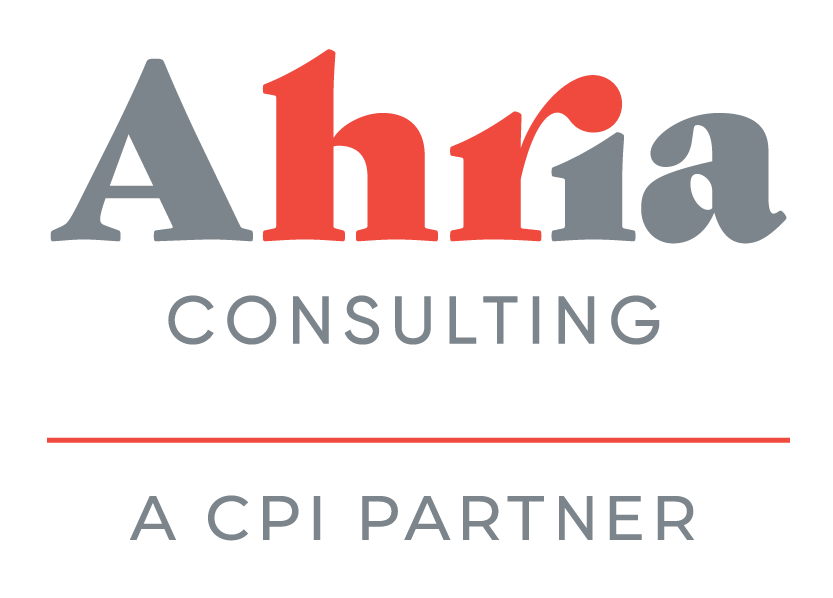Rarely a topic of open discussion in the workplace — menopause is gaining more attention from employers rethinking the health benefits they offer women
As the workforce ages, one particular problem is becoming more and more evident: the modern workplace is not a very menopause-friendly place.
But that is beginning to change. A new movement to create “menopause-friendly workplaces” is catching on, and it’s an issue that HR departments are starting to think more and more about these days.
“In 2016 we couldn’t find a menopause policy in the land,” writes Deborah Garlick in HR Magazine. “The taboo is well on its way to being broken and employers are recognizing their responsibilities. But what does it mean to be menopause friendly?”
One of the biggest hurdles has just been to talk about it. A survey earlier this year found that 58 per cent of women don’t feel comfortable raising the issue, fearing the taboo or being seen as ‘old.’ That alone exacerbates the problem. With so many workers experiencing symptoms that interfere with their work, some estimates suggest that a lack of support for menopausal workers represents a $150-billion productivity drag.
What can workplaces do, then, to become more menopause friendly?
Some workplaces are starting to offer more comprehensive medical benefits, or empowering employees as menopause advocates. Often, it’s not the complicated changes that have the most impact, but the easy ones.
“In Britain, some workplaces are offering women desk fans,” noted the New York Times. “Uniforms can be modified to breathe better. Women having a particularly bad time can ask to change shifts or work from home until they get their symptoms under control.”
“Central to menopause friendly workplaces are knowledgeable executives, line managers and menopause champions, trained to have the confidence to help someone experiencing problems during menopause,” writes Garlick. “While these will differ from business to business, a great start point for all is to raise awareness by hosting an event, in person and/or online. Once people start talking, employers can ask colleagues what’s getting in the way of them being their best at work.”
Content written by Kieran Delamont for Worklife, a partnership between Ahria Consulting and London Inc. To view this content in newsletter form, click here.
